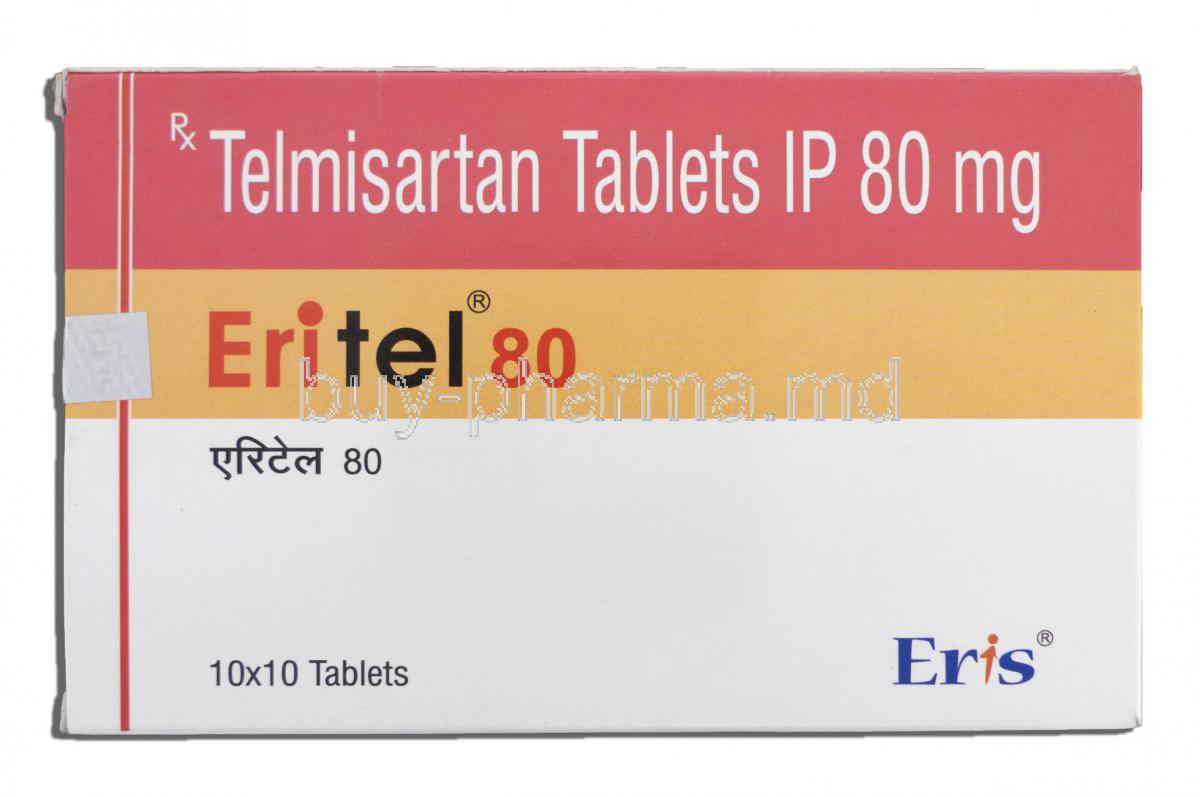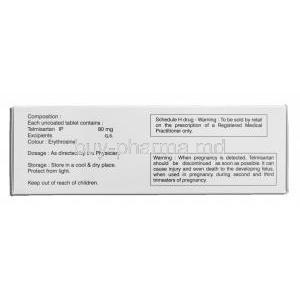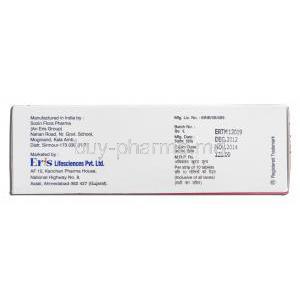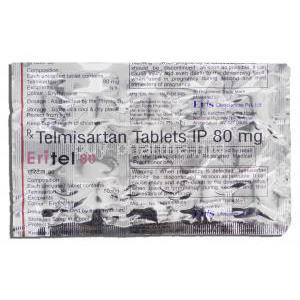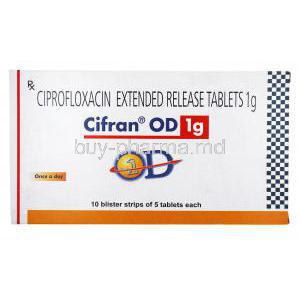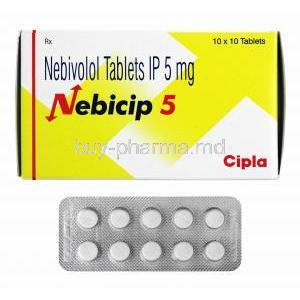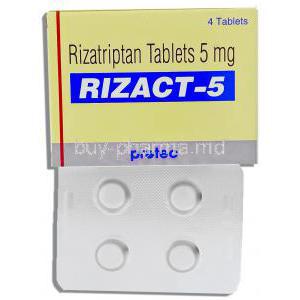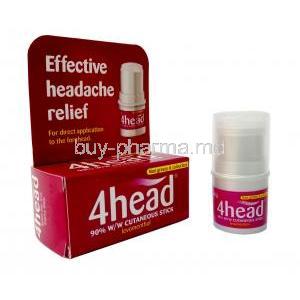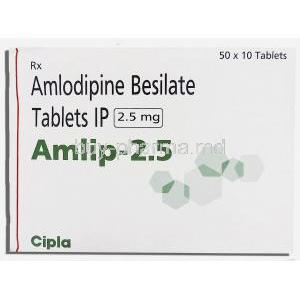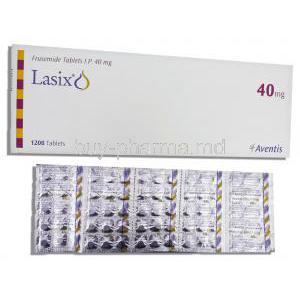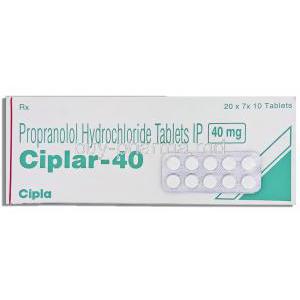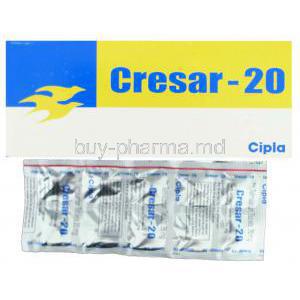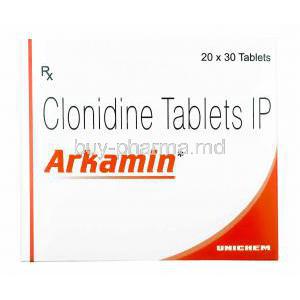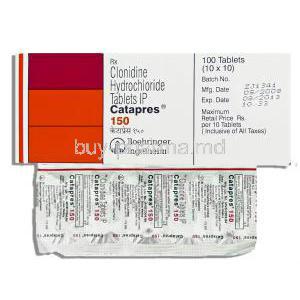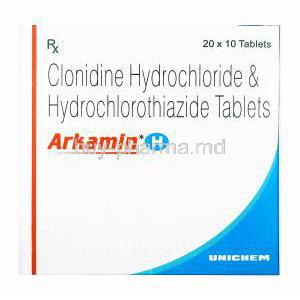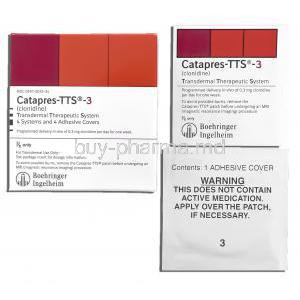Introduction to Eritel (Telmisartan)
Overview of Eritel as a Brand of Telmisartan
Eritel is a widely prescribed brand formulation of Telmisartan, an antihypertensive medication that belongs to the class of angiotensin II receptor blockers. It is valued for its ability to effectively manage elevated blood pressure and provide long-term cardiovascular protection. Eritel is often chosen by physicians for its strong efficacy profile and patient compliance due to once-daily dosing.
Therapeutic Classification: Angiotensin II Receptor Blocker (ARB)
Telmisartan falls under the therapeutic class of angiotensin II receptor blockers (ARBs). These agents selectively inhibit the binding of angiotensin II, a potent vasoconstrictor, to its receptor. This results in relaxation of blood vessels, thereby lowering systemic vascular resistance and controlling hypertension.
Importance in Cardiovascular Disease Management
Uncontrolled hypertension is one of the most significant risk factors for cardiovascular events. Eritel plays an essential role in reducing this risk by:
- Preventing arterial stiffening and vascular complications
- Lowering the incidence of myocardial infarction and stroke
- Improving outcomes in high-risk cardiovascular patients
Composition and Formulations
Active Ingredient: Telmisartan
The key active compound in Eritel is Telmisartan, recognized for its long half-life and sustained antihypertensive effect.
Available Strengths and Dosage Forms
Eritel is available in oral tablet formulations with strengths of 20 mg, 40 mg, and 80 mg. This range allows physicians to tailor treatment according to individual blood pressure targets and comorbidities.
Inactive Ingredients and Excipients
Alongside Telmisartan, the tablets contain excipients such as microcrystalline cellulose, lactose, and magnesium stearate, which aid in tablet stability, absorption, and patient tolerability.
Mechanism of Action: How Eritel (Telmisartan) Works
Blocking Angiotensin II Receptors and Its Effect on Blood Pressure
Eritel works by antagonizing the angiotensin II type 1 (AT1) receptor. This prevents angiotensin II from exerting its vasoconstrictive and aldosterone-secreting effects, ultimately leading to reduced blood pressure.
Vasodilation and Reduction in Vascular Resistance
The blockade of AT1 receptors induces vascular smooth muscle relaxation, widening the arteries, and easing the heart’s workload. This vasodilation translates into improved oxygen delivery and reduced strain on the cardiovascular system.
Impact on Renal Function and Prevention of End-Organ Damage
Telmisartan preserves renal perfusion by lowering intraglomerular pressure, thus offering kidney protection. This is crucial for patients with hypertension and diabetes, reducing the risk of chronic kidney disease progression.
Approved Medical Uses of Eritel
Management of Essential Hypertension
Eritel is primarily prescribed for the long-term control of high blood pressure, ensuring reduced morbidity and mortality associated with sustained hypertension.
Reduction of Cardiovascular Risk in High-Risk Patients
For patients predisposed to cardiovascular events, such as those with diabetes or prior cardiac conditions, Eritel significantly lowers the probability of life-threatening complications.
Prevention of Stroke and Heart Attack
By controlling blood pressure and reducing vascular resistance, Eritel helps to decrease the risk of ischemic events, including stroke and myocardial infarction.
Role in Diabetic Nephropathy Management
In diabetic patients, Eritel mitigates the progression of kidney damage by reducing proteinuria and stabilizing glomerular function.
Off-Label Uses of Telmisartan
Use in Heart Failure Management
Though not the first-line choice, Telmisartan may be used off-label in heart failure patients intolerant to ACE inhibitors, providing improved cardiac stability.
Potential Role in Metabolic Syndrome
Telmisartan demonstrates beneficial effects on lipid metabolism and insulin sensitivity, making it useful in managing metabolic syndrome.
Use in Chronic Kidney Disease Beyond Hypertension
Its nephroprotective actions extend its use to patients with chronic kidney disease even when blood pressure levels are relatively controlled.
Emerging Research in Obesity-Related Hypertension
Studies indicate Telmisartan may have additional benefits in obesity-linked hypertension due to partial activation of PPAR-γ pathways.
Dosage and Administration Guidelines
Standard Adult Dosage and Titration Schedules
The usual starting dose is 40 mg once daily, with adjustments ranging from 20 mg to 80 mg depending on clinical response and tolerance.
Once-Daily Administration Benefits
Telmisartan’s long elimination half-life allows for effective once-daily dosing, enhancing patient adherence and stable blood pressure control.
Maximum Recommended Daily Dose
The highest approved dose is 80 mg per day, beyond which no added therapeutic benefit has been observed.
Missed Dose Instructions
If a dose is missed, it should be taken promptly unless the next scheduled dose is near. Double dosing should be avoided to reduce the risk of hypotension.
Dosage Considerations in Special Populations
Elderly Patients
Older adults may exhibit increased sensitivity to antihypertensives. Dose adjustments and careful monitoring of renal function are recommended.
Pregnant Women and Nursing Mothers
Telmisartan is contraindicated in pregnancy due to its teratogenic potential and adverse effects on fetal development. Nursing mothers should avoid use as the drug may pass into breast milk.
Children and Adolescents
Safety and efficacy of Eritel in pediatric populations have not been well established, limiting its use in children and adolescents.
Side Effects of Eritel
Common Side Effects
Patients may experience mild to moderate effects such as:
- Dizziness or lightheadedness
- Headache
- Fatigue
- Gastrointestinal disturbances
Less Common Side Effects
Occasionally, musculoskeletal discomfort and upper respiratory tract infections have been reported.
Serious Adverse Reactions
Rare but significant risks include:
- Angioedema (swelling of the face, lips, or throat)
- Renal impairment
- Hyperkalemia (elevated potassium levels)
Important Warnings and Precautions
Risk of Hypotension
Patients with volume or salt depletion may experience pronounced hypotension when initiating therapy.
Monitoring Requirements
Regular checks of renal function and serum potassium levels are essential during treatment.
Precautions in Renal Artery Stenosis
Telmisartan should be used cautiously in individuals with bilateral renal artery stenosis due to the risk of impaired kidney function.
Avoidance in Pregnancy
The drug is strictly contraindicated during pregnancy because of fetal toxicity and teratogenic risks.
Contraindications
- Hypersensitivity to Telmisartan or any excipients
- Pregnancy and lactation
- Severe hepatic impairment
- Co-administration with aliskiren in diabetic patients
Drug Interactions with Telmisartan
Interaction with Diuretics and Other Antihypertensives
When Telmisartan is combined with diuretics or additional antihypertensive agents, the risk of profound hypotension significantly increases. The additive effect can cause sudden drops in blood pressure, particularly in patients with pre-existing volume depletion. Careful titration and monitoring are critical to mitigate adverse reactions.
Potassium-Sparing Diuretics, Supplements, and Risk of Hyperkalemia
Co-administration with potassium-sparing diuretics or potassium supplements may lead to excessive potassium accumulation in the bloodstream. This condition, known as hyperkalemia, can cause:
- Cardiac rhythm disturbances
- Muscle weakness and paralysis
- Life-threatening arrhythmias
Regular serum potassium monitoring is strongly recommended during concurrent therapy.
Lithium Toxicity with Concomitant Use
Telmisartan may elevate serum lithium concentrations, heightening the risk of lithium toxicity. Symptoms include tremors, confusion, gastrointestinal distress, and renal dysfunction. Caution must be exercised, with frequent assessment of lithium levels if co-prescription is unavoidable.
Nonsteroidal Anti-Inflammatory Drugs (NSAIDs) and Reduced Renal Function
NSAIDs can blunt the antihypertensive effects of Telmisartan and impair renal function, especially in elderly patients or those with pre-existing kidney disease. Combined use increases the risk of acute renal failure, warranting vigilance in high-risk populations.
Careful Administration and Clinical Considerations
Patients with Hepatic or Renal Impairment
Individuals with compromised liver or kidney function require cautious dosing. Telmisartan undergoes hepatic metabolism, and impaired clearance can intensify systemic exposure. Similarly, renal dysfunction may aggravate drug accumulation and electrolyte imbalance.
Patients with Dehydration or Electrolyte Imbalance
Volume-depleted patients, often from excessive diuretic use or gastrointestinal fluid loss, are particularly susceptible to marked hypotension. Correction of fluid and electrolyte abnormalities should precede Telmisartan initiation.
Monitoring in Long-Term Therapy
Chronic administration necessitates regular monitoring of:
- Blood pressure stability
- Renal function through serum creatinine and eGFR
- Serum potassium levels to preempt hyperkalemia
Such vigilance ensures safety and efficacy during prolonged treatment.
Overdosage and Management
Symptoms of Overdose
Excessive Telmisartan ingestion may trigger severe hypotension accompanied by dizziness, fainting, tachycardia, or paradoxical bradycardia. In extreme cases, circulatory collapse can ensue.
Emergency Management
Treatment is primarily supportive and symptomatic. Interventions include:
- Positioning the patient supine with legs elevated
- Intravenous fluid resuscitation to restore circulatory volume
- Vasopressors in refractory hypotension
Dialysis Considerations
Hemodialysis is unlikely to be effective in overdose management because Telmisartan is highly protein-bound, limiting its removal through this modality.
Storage and Handling Precautions
Recommended Storage Conditions
Tablets should be stored at controlled room temperature, away from excessive heat and moisture. Protection from direct sunlight is essential to maintain potency.
Shelf Life and Expiration Guidelines
Each batch of Eritel carries an expiration date, beyond which the stability and efficacy of Telmisartan cannot be guaranteed. Expired medication should never be consumed.
Safe Handling and Disposal Practices
Unused or expired tablets must be disposed of responsibly, preferably through pharmaceutical take-back programs. Flushing or discarding in household waste should be avoided to reduce environmental contamination.
Patient Education and Lifestyle Recommendations
Importance of Adherence to Therapy
Consistent daily dosing is essential for sustained blood pressure control. Skipping doses undermines therapeutic effectiveness and increases the risk of cardiovascular complications.
Role of Diet and Exercise in Blood Pressure Control
Telmisartan therapy should be complemented by lifestyle adjustments, including:
- Reduced sodium intake
- Regular physical activity
- Balanced nutrition rich in fruits and vegetables
Avoiding Abrupt Discontinuation
Stopping therapy suddenly may precipitate rebound hypertension or cardiovascular instability. Gradual medical supervision is required for dose tapering if discontinuation is necessary.
Regular Follow-Up and Blood Pressure Monitoring
Patients are encouraged to attend routine medical reviews and perform home blood pressure monitoring. This ensures timely adjustments in therapy and minimizes long-term health risks.
Eritel, Telmisartan FAQ
- What is eritel used for?
- What is eritel in 80?
- What is the composition of eritel 20 mg?
- What are the side effects of eritel ln 80?
- Is Eritel a blood thinner?
- What is the use of eritel 50 mg Tablet?
- What is telmisartan drug used for?
- What to avoid when taking telmisartan?
- Which is better, telmisartan or amlodipine?
- When is the best time to take telmisartan tablets?
- What is the disadvantage of telmisartan?
- What are the positive effects of telmisartan?
- Can telmisartan harm the kidneys?
- Does telmisartan cause sleep problems?
- Can telmisartan cause weight gain?
- Can I take amlodipine and telmisartan together?
- Is telmisartan a blood thinner?
- Can I take telmisartan in the morning and amlodipine at night?
- Does telmisartan make you pee at night?
- What foods should you avoid while taking telmisartan?
- Can telmisartan raise cholesterol?
- How quickly does telmisartan work?
- Can I eat bananas while taking telmisartan?
- How does telmisartan affect aging?
- What are the calming effects of telmisartan?
- What is the success rate of telmisartan?
- Why do bodybuilders take telmisartan?
- Can telmisartan cause memory loss?
- Does telmisartan increase energy?
- Why telmisartan at night?
- What is the main side effect of telmisartan?
- Does telmisartan make you pee a lot?
- How much time does telmisartan take to work?
- Can telmisartan cause blurry vision?
- Can I drink coffee with telmisartan?
- Will telmisartan reduce heart rate?
- Does telmisartan increase testosterone?
What is eritel used for?
The Eritel 40 Tablet is basically a medication that's used to tackle a couple of health issues: blood pressure and heart failure. By bringing blood pressure down, it helps cut the risk of having a heart attack or stroke.
What is eritel in 80?
The Eritel LN 80 Tablet is a medication that combines two ingredients to help manage blood pressure. By relaxing the blood vessels, this tablet makes it easier for the heart to do its job pumping blood throughout the body with less effort.
What is the composition of eritel 20 mg?
Telmisartan
What are the side effects of eritel ln 80?
- Dizziness
- Headache
- Edema
- Upper respiratory tract infection
- Hyperkalaemia
- Hypotension
Is Eritel a blood thinner?
No
What is the use of eritel 50 mg Tablet?
It is used to treat high blood pressure.
What is telmisartan drug used for?
It is used to treat high blood pressure.
What to avoid when taking telmisartan?
- Medicines for appetite, asthma, coughs and colds
Which is better, telmisartan or amlodipine?
Telmisartan
When is the best time to take telmisartan tablets?
Bedtime
What is the disadvantage of telmisartan?
Hyperkalemia
What are the positive effects of telmisartan?
Telmisartan (TLM), a highly selective angiotensin II type 1 receptor blocker (ARB) and partial PPAR-γ agonist, has versatile beneficial effects against oxidative stress, apoptosis, inflammatory responses and epithelial-mesenchymal transition (EMT).
Can telmisartan harm the kidneys?
No
Does telmisartan cause sleep problems?
- Sleeping difficulties
- Drowsiness
Can telmisartan cause weight gain?
No
Can I take amlodipine and telmisartan together?
Yes
Is telmisartan a blood thinner?
No
Can I take telmisartan in the morning and amlodipine at night?
Yes
Does telmisartan make you pee at night?
No
What foods should you avoid while taking telmisartan?
- Potassium supplements
- Potassium containing substitutes
- High-potassium foods
Can telmisartan raise cholesterol?
No
How quickly does telmisartan work?
3 hours after dose
Can I eat bananas while taking telmisartan?
No
How does telmisartan affect aging?
No
What are the calming effects of telmisartan?
Telmisartan shows anti-anxiety effects by blocking AT1 receptors in the brain and may inhibit cerebral AT receptors.
What is the success rate of telmisartan?
79%
Why do bodybuilders take telmisartan?
The benefits of telmisartan extend beyond just enhancing skeletal muscle function. It also increases blood flow to the blood vessels within these muscles.
Can telmisartan cause memory loss?
Yes
Does telmisartan increase energy?
Yes
Why telmisartan at night?
It improved sleep time.
What is the main side effect of telmisartan?
Dizziness, lightheadedness, or fainting
Does telmisartan make you pee a lot?
Yes
How much time does telmisartan take to work?
3 hours
Can telmisartan cause blurry vision?
Yes
Can I drink coffee with telmisartan?
Yes
Will telmisartan reduce heart rate?
No
Does telmisartan increase testosterone?
It can be.

